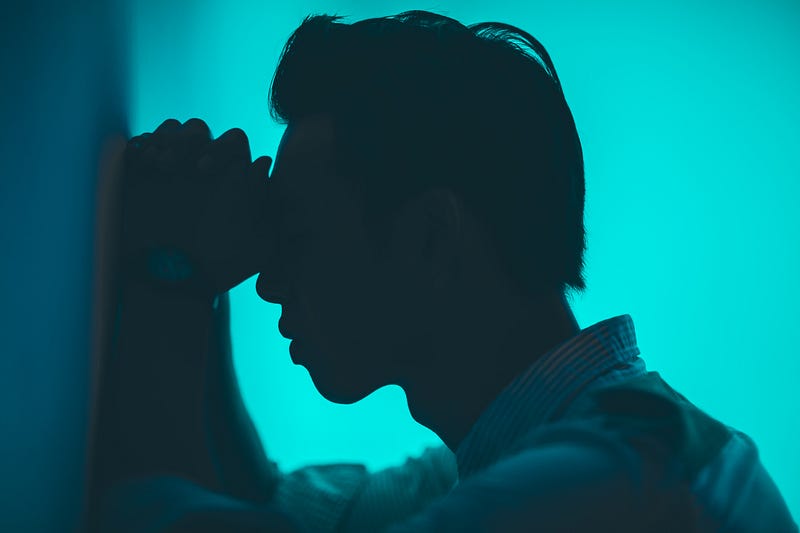Science -Why Do I Feel More Anxious at Night?
Science -Why Do I Feel More Anxious at Night?

For many people, anxiety can be a challenging and debilitating condition that affects their daily life. However, for some, the experience of anxiety can be particularly intense at night. If you find yourself feeling more anxious in the evening, you are not alone. In this article, we will explore the reasons why you may be feeling more anxious at night and some strategies that may help you manage these feelings.
- Lack of Distraction During the day, we are often occupied with work, school, social events, or other activities that help to distract us from our worries. However, at night, when we are lying in bed with nothing to do, our minds may start to wander, and we may become more aware of our anxious thoughts.
- Fatigue Fatigue and lack of sleep can exacerbate feelings of anxiety, and this can be particularly true at night when we are trying to rest. When we are tired, our minds can become more susceptible to negative thoughts, and we may find it harder to control our emotions.
- Hormonal Imbalance Hormonal imbalances can also contribute to anxiety, and many people experience fluctuations in hormone levels at night. For example, cortisol levels, which are associated with stress, are naturally higher in the morning and lower at night. However, some people may have a dysregulated cortisol cycle, which can lead to elevated cortisol levels at night and increased feelings of anxiety.
- Nighttime Worries Many people find that their worries and fears seem more significant at night, and they may struggle to quiet their minds and relax. Worries about work, relationships, health, or financial concerns can all contribute to increased feelings of anxiety.
What Can You Do About It?
If you find yourself feeling more anxious at night, there are several strategies that you can try to help manage your symptoms.
- Establish a Relaxing Bedtime Routine Creating a relaxing bedtime routine can help to calm your mind and promote better sleep. This could include activities like reading a book, taking a warm bath, or listening to calming music.
- Avoid Stimulants Avoiding stimulants like caffeine and nicotine, especially in the evening, can help to reduce feelings of anxiety and promote better sleep.
- Practice Mindfulness Mindfulness meditation and breathing exercises can help to calm the mind and reduce anxiety. These techniques can be practiced at any time, but they may be particularly helpful at night when anxiety is most intense.
- Seek Professional Help If you find that your anxiety is interfering with your daily life or if you are struggling to manage your symptoms, it may be helpful to seek professional help. A mental health professional can provide support and guidance to help you manage your anxiety and improve your overall wellbeing.
Conclusion
Feeling more anxious at night can be a challenging experience, but there are steps you can take to manage your symptoms. By establishing a relaxing bedtime routine, avoiding stimulants, practicing mindfulness, and seeking professional help when needed, you can take control of your anxiety and enjoy a more restful night’s sleep.

Comments
Post a Comment